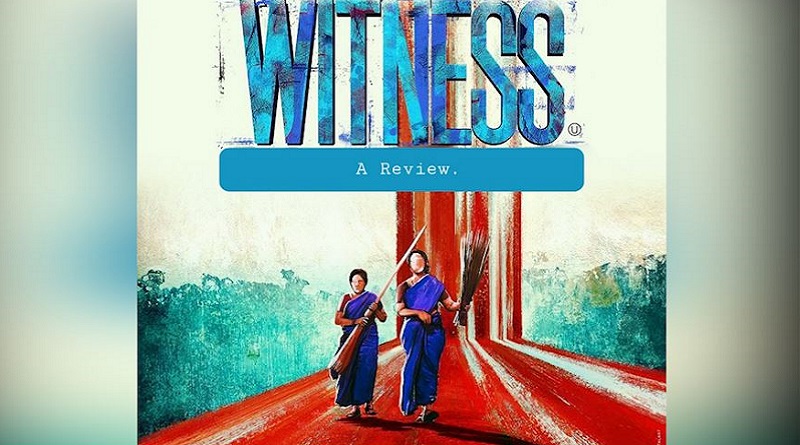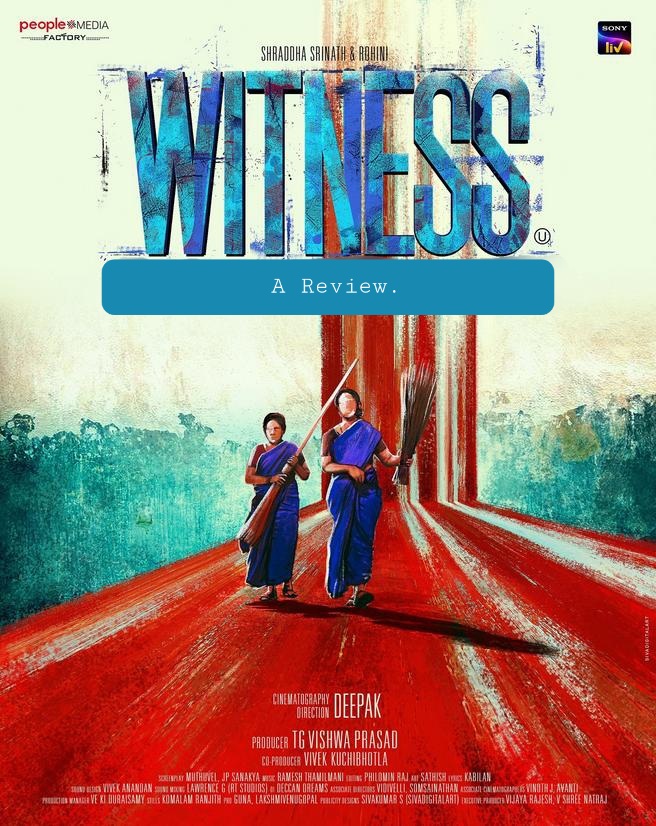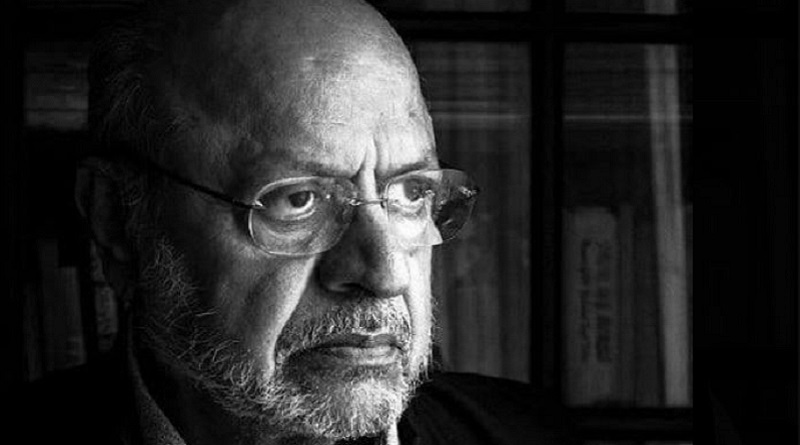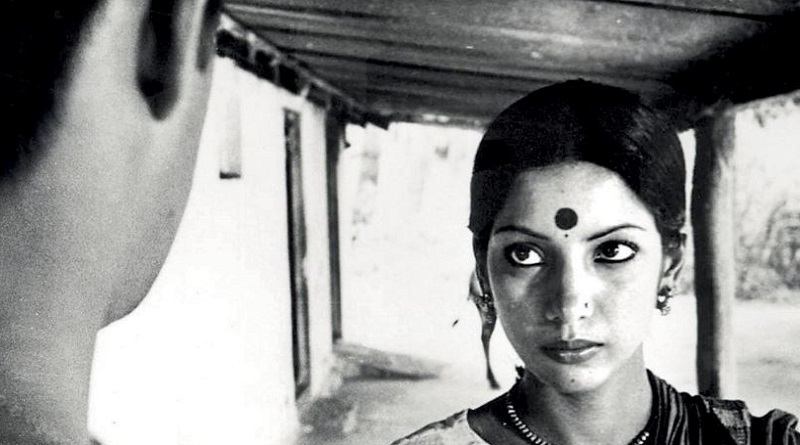Witness is a film that raises the question of whether we are witnesses of social realities

By Vaishnavi
That’s what they do While the human waste removal industry has long been considered a community-specific job, deaths while doing this work remain an unsolved problem to this day. The Rehabilitation and Prohibition of Employing Human Waste Disposal Act were enacted in 2012 after huge protests over their violation of dignity and human rights.
However, as mentioned in the film Witness, in the last five years, the number of deaths while cleaning sewage pipes and cesspools is 340. However, according to official government documents, not a single person has died due to this in the last five years.
This tendency of the government to put everything under the rug is an act of covering up the caste realities of society and the utter failure of the government. In this context, the film Witness released in December 2022 is a very important work.
Traversing the line between the working class and the middle class, the plot unleashes caste realities. While reflecting the natural distance between a cleaner and an architect in society on the one hand, Witness realistically records the caste oppression they face in society regardless of their economic status.
The visuals of the film hold out the mirror before us. Human interference and the resulting loss of life immediately bring to mind our toilet clogs. Having been in the shoes of people who refuse to accept responsibility for the loss of life makes us wonder if we can pass off responsibility.
Court scenes
While studying in college, Indrani, a cleaner, receives the shocking news that her son Parthiban, who is a swimming instructor, has died in Malakkuzhi. In the flat where the incident took place, the residents, who call themselves ‘ respectable people ‘, refuse to take responsibility and show interest in holding a funeral home.
On the other hand, Parvati, an architect who lives in the same apartment, provides a key witness in Indrani’s favor and faces many objections about her own dignity. Witness has moved through interesting court scenes where the Housing Society, the contractor, and the area engineer, all shift the blame on one another and who is responsible for Parthiban’s death.
Rohini, who played the role of a mother, brought out the feelings of a common man’s inability, tolerance, tension, and anger in her realistic performance. Much of his dialogue reveals the character’s character in question.
“ Why does my son not want to do that job, sir ?” He said to the police department, “ Will you tell me to leave this situation alone ?” To his brother; “Will you be punished in court, comrade ?” —Every question that Indrani asks the union leader, as a mother, appears in us as a viewer, and the story continues to travel throughout.
Maryam, the housemate, is next to her as an unmissable character. The scenes of Maryam standing like a mountain with Indrani as a relationship and a sister who suffers disaster continue to prove that this is only possible in the slums of the working class.
Straightforward storyline
While there is a natural doubt about the lawyer who defends Indrani’s side, in the scenes that stand on the side of justice, the hope that remains in the society seems to be bright.
The scenes of the protest field make it possible to look a little closer and see the moment that we usually put aside that these people know nothing but struggle. Especially as a communist union leader, Betharaj ‘s relaxed and casual conversations with police officials make the protest acceptable.
The heart of the story is the scene where the grandfather responds to the police officer who stopped Parthiban from driving the condolence poster.
A scene where a judge is threatening to revoke the license of a doctor who has given a false medical report as casually as asking a school child is not appropriate.
Also, it was difficult to understand because the area engineer and contractor were only seen in the courtroom scene or talking on the phone because their work, responsibility, and structure were not shown visually.
The way the judgment is made in the highly anticipated climactic scene shatters reality and creates conversation. With a straightforward storyline, songs that blend in with the film, well-chosen actors, and a compelling plot of the time, this film is a must-see for every toilet user.
(Reiview By Vaishnavi originally in Tamil, Edited by Venkat and translated by Arpan.)
Do read:-
- Puducherry in resistance against electricity privatisation: A ground report
- A tale of two Mazdoor Kisan Panchayats and their lessons
- Mazdoor Akrosh Rally in Delhi sends a message of uncompromised struggle of workers : Ground Report
- TUCI demands repeal of 4 labour codes, 3 day dharna at Jantar Mantar concludes
Subscribe to support Workers Unity – Click Here
(Workers can follow Unity’s Facebook, Twitter and YouTube. Click here to subscribe to the Telegram channel. Download the app for easy and direct reading on mobile.)





